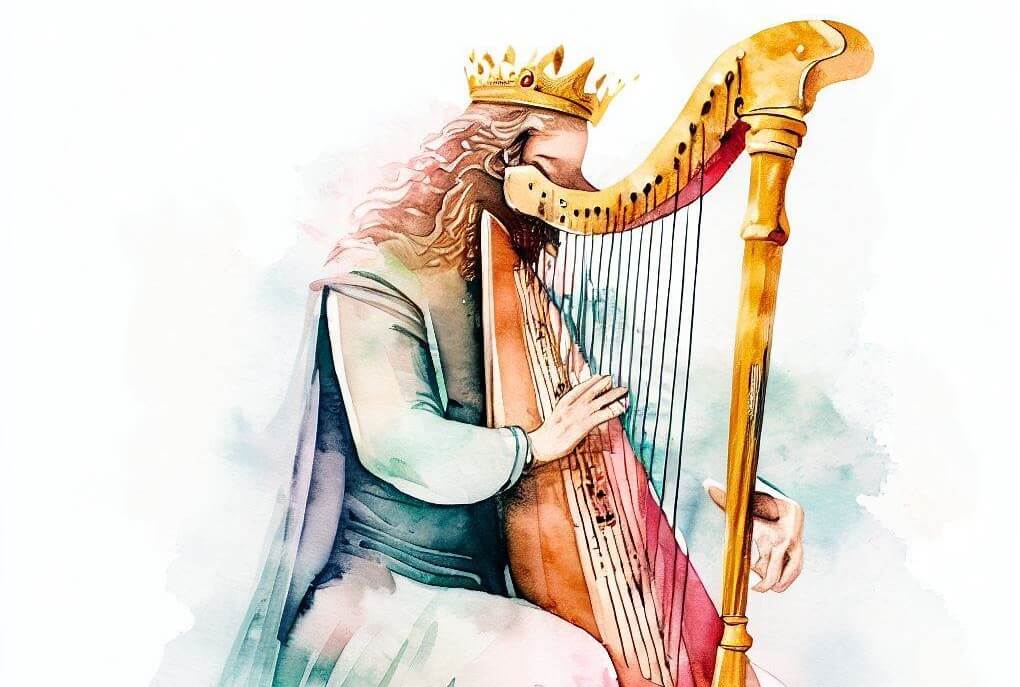
“וַאֲנִי, בְּחַסְדְּךָ בָטַחְתִּי. יָגֵל לִבִּי בִּישׁוּעָתֶךָ. אָשִׁירָה לַה’ כִּי גָמַל עָלָי.” (תהילים י"ג:ו)
“I trust in Your kindness; my heart will rejoice in Your deliverance. I will sing to God, for He has rewarded me.” (Psalm 13:6)
At first glance, the parts of this verse appear to be disjointed. What is the connection between its three sections: trusting in God, joy in deliverance, and thankful song?
Stage 1: Trust in God’s Kindness
The three parts of the verse are in fact three levels. Each level is based on the previous one, expanding and extending it.
The first stage is a fundamental outlook of bitachon, trust in God. Curiously, the psalmist refers specifically to trusting God’s kindness, as opposed to trusting God. Why?
Some mistakenly interpret bitachon to mean a confidence that whatever we want, whatever we think we need — God will provide. However, what we think is for the good is sometimes the exact opposite.
True bitachon is complete trust in God’s kindness. A person with bitachon relies on God, Who created the universe and watches over His world with profound kindness. There is no need for anxious worries, no place for apprehension and despair. We know that God’s compassion extends toward all of His creatures. At all times, we are under the protective wings of God’s kindness.
Stage 2: Relief in Rescue
That is the first stage, an overall attitude of implicit trust in the Creator and Divine providence. A second stage takes place when we realize that we are the beneficiaries of some form of deliverance. We have been rescued from some danger, whether physical or spiritual.
At this point, the heart experiences relief and an inner joy. The hidden resources of bitachon are expressed in heartfelt emotion: “My heart will rejoice in Your deliverance.”
Stage 3: Outburst of Song
This second stage, however, is still insufficient to stir the soul to an elated spirit of song. By nature, we are uncomfortable with undeserved kindness. Ultimately, we recognize that true success and happiness depends on our own choices and free will. We know that God governs the universe with the attribute of justice.
We are forced to conclude that God must have found in us some merit or worthy deed, so that we deserved this assistance. Despite the infinite degree of Divine compassion in the world, the attribute of justice cannot be completely absent.
This realization reassures our sense of ethical propriety. Our conscience demands that we work to perfect ourselves. We cannot feel true happiness unless we feel that we have attained some measure of spiritual achievement. Then we are able to recognize that, to some degree, we are deserving of this reward. As the psalmist expresses this perception:
“God rewarded me according to my righteousness, according to the purity of my hands” (Psalm 18:21).
With this insight, the soul is filled with the splendor of life. We are able to express our joy in an outburst of jubilant song. We have progressed, from an overall outlook of trust, to the inner emotions of relief, on to the third stage: an outward expression of joy and elation. “I will sing to God, for He has rewarded me.”
(Adapted from Olat Re’iyah, vol. I, pp. 220-221)





